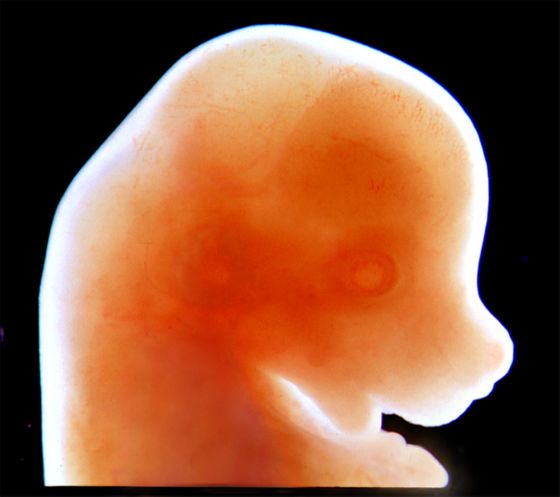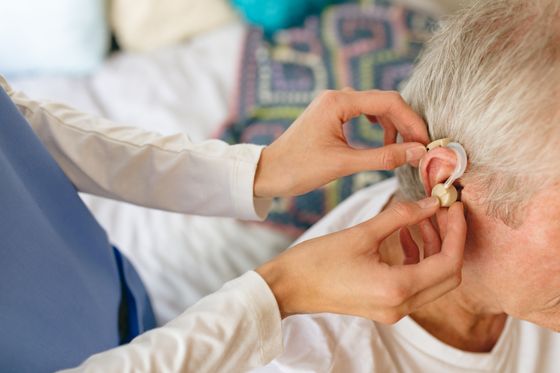A new possibility for the treatment of hearing impairment by identifying proteins that form the cells that control hearing

By
A research team at the Johns Hopkins University School of Medicine discovered that each of the protein types ' activin A ' and ' follistatin ' is involved in the formation of hair cells that control hearing. This discovery is expected to open up new possibilities for the treatment of people with hearing impairments.
A counter gradient of Activin A and follistatin instructs the timing of hair cell differentiation in the murine cochlea | eLife
https://elifesciences.org/articles/47613
Protein discovery could lead to new hearing loss treatments
https://www.medicalnewstoday.com/articles/325981.php
Researchers Find Proteins That Might Restore Damaged Sound-Detecting Cells in The Ear
https://www.hopkinsmedicine.org/news/newsroom/news-releases/researchers-find-proteins-that-might-restore-damaged-sound-detecting-cells-in-the-ear
A hair cell is a cell with a sensory receptive organ similar in shape to the hair called the “sensory hair”. Hair cells have the function of converting senses such as sound, acceleration, and gravity into electrical signals, and exist inside the cochlea , the sensory organ that controls human hearing. According to the research team, problems with hair cells and auditory nerves connected to hair cells account for over 90% of the causes of hearing impairment.
The team conducted experiments with mouse embryos that were still in the process of cell division to identify the causes that controlled differentiation from precursor cells to hair cells. As a result of experiments, it was found that when progenitor cells differentiate into hair cells, the concentration of activin A increases and the concentration of follistatin decreases. Previous studies have shown that these two types of proteins work together.

by
From experiments using transgenic mice, we found that activin A and follistatin must maintain “appropriate concentrations” for hair cell formation. Mice that have been genetically modified to produce activin A in excess are prematurely formed, resulting in immature hair cells, whereas mice that have been genetically modified to produce activin A or follistatin in excess Then the formation was too slow and the number of hair cells was sparse.
Although human hair cells do not regenerate, most mammals and birds recover themselves naturally. The research team suggests that this discovery may lead to the recovery of hearing impairment resulting from hair cell damage.

Related Posts:
in Science, Posted by darkhorse_log







